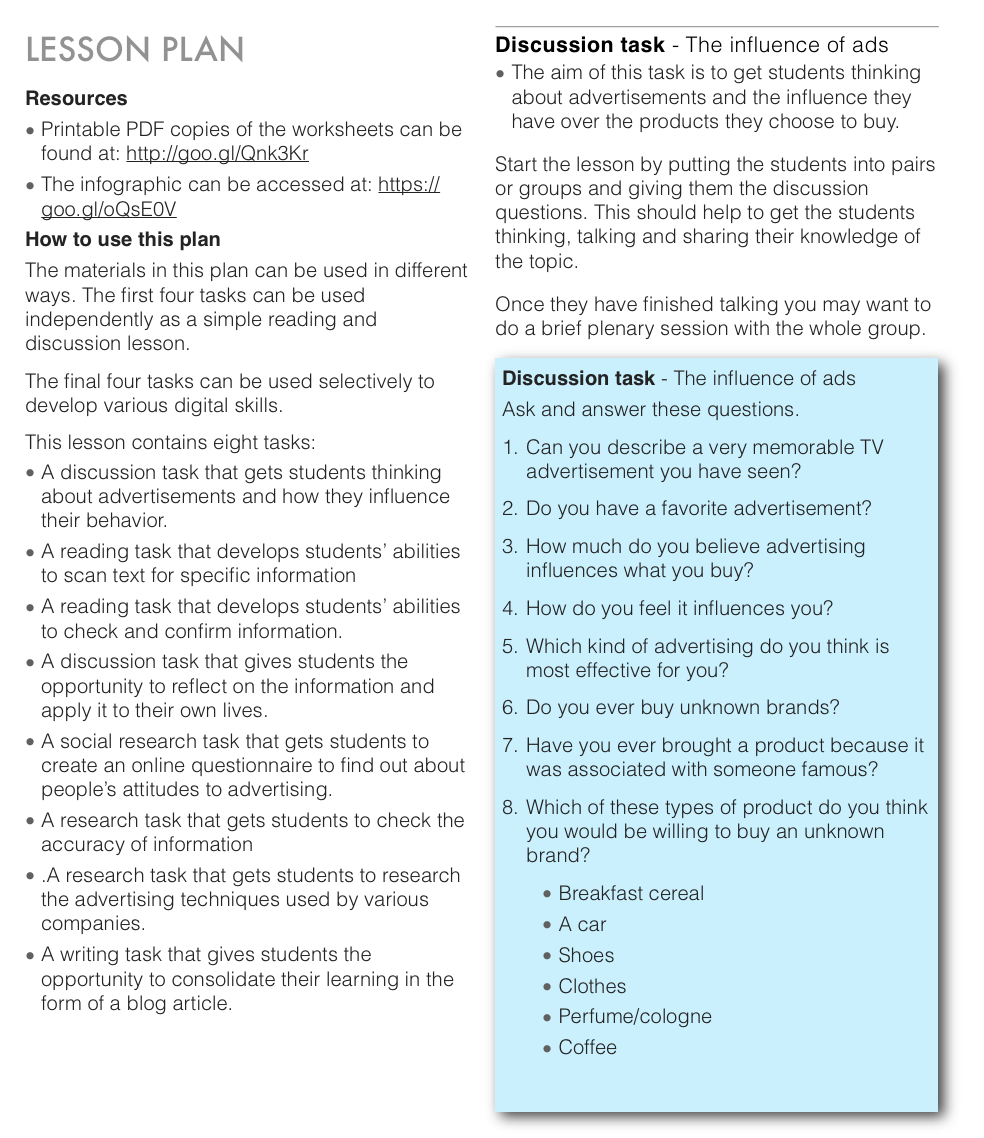In this day and age of post-truth, alternative facts, fake news, it is more imperative than ever for youngsters (and adults) to learn how to evaluate sources of information. Distinguishing fact from fiction is one of the challenges of the age (there was even a creative writing talk recently entitled: Is non-fiction the new fiction?). Media literacy is nothing new of course: I was teaching my students how to interpret the media, and how to interpret statistical data. But the main differences, I think, are that these days news, whether true or false, travels far more quickly than it used to, and is uncontainable. By that I mean that the days in which you could limit the fallout from fake news by recalling and pulping printed material are long gone.
All of which is a very long-winded way of saying that this book is very timely. And what makes it even better is that it covers a range of useful topics: infographics, surveys, and presentations.
Also, this is not a dry academic tome on the one hand, nor a ‘populist’ book on the other, neither of which are of much immediately practical use to the busy teacher. This is, rather, a book written and structured with schools, teachers and pupils very much in mind.
That is evident not only from the copious suggestions and assignments throughout the book, but also the chapter containing 10 lesson plans.
The book has a very easy-to-read layout
Now, it’s worth saying that when I first looked at some of the topics covered by the lesson plans — body language, breakfast, weddings — I thought the choices were rather odd. After all, they are not the kind of subjects featured in the National Curriculum as far as I know. But on reflection, the choice and range of topics are good, because they demonstrate that the structure and approach of the lesson plans will work in any context.
Another aspect of the book I liked very much was the number of resources suggested. I try to keep abreast of techie stuff but I had no idea of the existence of some of the excellent websites for creating presentations, infographics, videos and so on. I’m looking forward to retying them out!
Bottom line: the book is excellent, and excellent value for money. Even if you don’t teach media literacy or digital literacy, buy the book just to try out all the resources yourself.
To buy it go to Peachey Publications.


